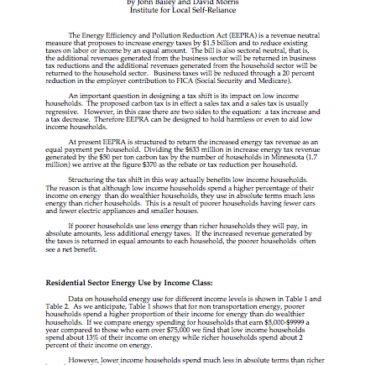Why Are the Feds Giving $900 Billion in Tax Breaks Every Year?
With April 15 upon us, I’d like to talk about taxes. Not about the part of the tax code that generates revenues. You’ve already heard enough about the taxes you pay to last a lifetime, and the election campaign has just begun. Instead, I’ll focus on the less visited topic of the taxes we don’t pay, … Read More





